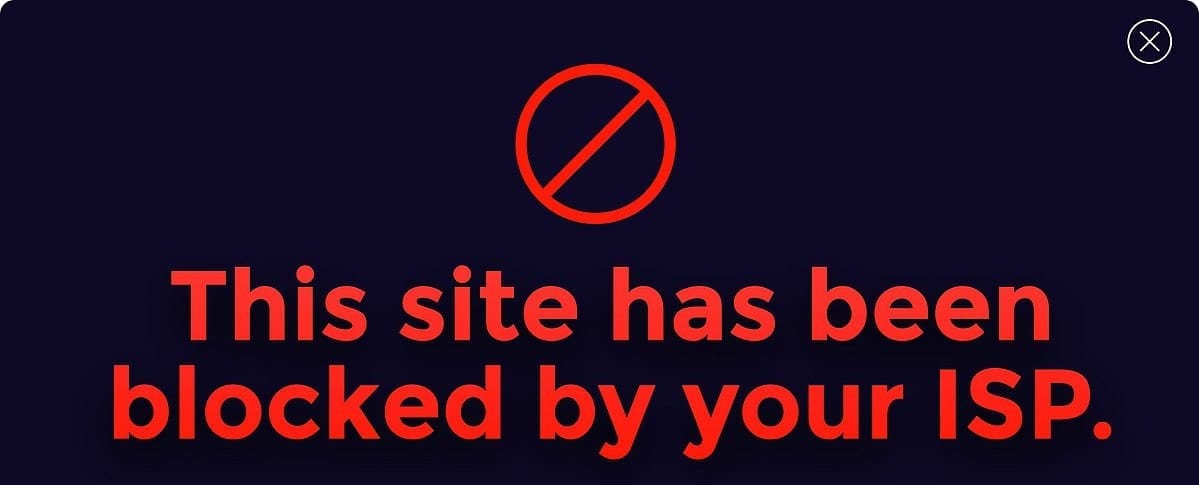On Monday, New Jersey Governor Phil Murphy (D) signed into effect an executive order upholding net neutrality.
Unless the act is challenged in court, Murphy’s order will prohibit internet service providers which do business with the state from ‘blocking, throttling, or favoring web content,’ writes The Hill. Whether the governor’s mandate can stand is up for debate.
Ajit Pai and his fellow Federal Communications Commission officers, who voted 3-2 to overturn Obama-era net neutrality rules, specifically stipulated that local and state officials couldn’t introduce legislation or provisions interfering with the revocation. Murphy’s order seems to sneak through a loophole, allowing the state to block transactions between its own offices and handpicked ISPs.
“We may not agree with everything we see online, but that does not give us a justifiable reason to block the free, uninterrupted, and indiscriminate flow of information,” said Gov. Murphy in a statement. “And, it certainly doesn’t give certain companies or individuals a right to pay their way to the front of the line.
“While New Jersey cannot unilaterally regulate net neutrality back into law or cement it as a state regulation, we can exercise our power to make our preferences known.”
Murphy, writes The Hill, is following the lead of his counterparts in Montana and New York, both of whom introduced similar executive orders geared toward preserving net neutrality at home.
And the publication notes that New Jersey Attorney General Gurbir Grewal also announced on Monday that his office and state would be the 22nd to join a lawsuit against the FCC repeal.
“We are committed to taking whatever legal action we can to preserve the internet rights of New Jersey consumers, and to challenge the federal government’s misguided attack on a free and open Internet,” Grewal said. “Our position is that the Federal Communications Commission acted arbitrarily and against the evidence before it when doing an about-face on net neutrality.”
Meanwhile, lawmakers across the country have largely stuck to the party line on deciding how to act on net neutrality.
We all deserve free, open, and equal access to the internet.
The FCC’s repeal of net neutrality was arbitrary and dangerous and will give outsized power to a few big companies to control the free flow of information. #NetNeutrality pic.twitter.com/X8nkv86G4O
— Governor Phil Murphy (@GovMurphy) February 5, 2018
Despite the brunt of conservative congressmen and women initially voicing their support for the preservation of net neutrality, some have begun sending evasive letters to petitioners and potential litigants.
Yesterday, Rep. John Moolenaar (R-MI) responded to a pro-net neutrality petition by voicing his support for the FCC and Chairman Pai, delving into a disjointed chronology on the evolution and deconstruction of the edict.
“In my view,” wrote Moolenaar, “the internet [sic] has flourished and become a great success because it is not overly regulated by the government. In that regard, I believe this rule is warranted.”
The nonconclusive letter seemed representative of the Republican position at large – quiet deference to the FCC, while providing an opportunity to switch positions in the face of constituent pushback.
Until then, Americans must count on executive orders and attorneys general to provide some measure of relief from predatory internet service providers. The Internet, having flourished so while afforded freedom, cannot stand to suffer by the arbitrary regulation of corporations.


Join the conversation!